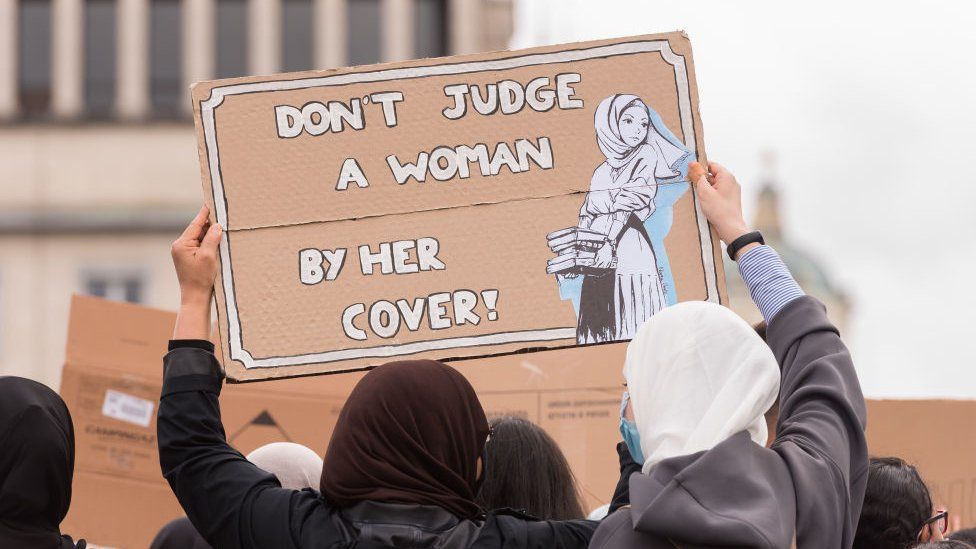-

-
-
Loading

Loading

The European Union's highest court, the Court of Justice (ECJ), has declared that member states are permitted to prohibit their employees from wearing religious symbols. This ruling came after a Belgian woman accused her local municipality of infringing upon her religious freedom by forbidding her from wearing a hijab. However, the court clarified that such measures should only be implemented when absolutely necessary. The contentious issue of the Islamic headscarf has deeply divided Europe for many years. In fact, in 2021, the court ruled that women could be terminated from their jobs if they refused to remove their hijab, particularly if their role involved interactions with the public. The recent case that led to this ruling involved a Muslim employee in the Belgian municipality of Ans who was told that she could not wear her headscarf while at work. Although the woman holds a non-public-facing position as the head of a department, she decided to challenge the municipality's decision in court. Subsequently, the municipality amended its employment terms, stating that all employees must adhere to strict neutrality, meaning proselytizing in any form and displaying signs of ideological or religious affiliation is prohibited. The Labor Court in Liège, responsible for hearing the case, expressed uncertainty regarding whether the municipality's strict neutrality policy amounted to discrimination against EU law. In response, the ECJ stated that member states possess some degree of discretion in determining the level of neutrality they wish to promote. Additionally, the court stated that another public administration would be justified in allowing visible signs of political, philosophical, or religious beliefs if they so chose. Notably, France has implemented a strict ban on religious symbols in state schools and government buildings, arguing that they violate secular laws. In 2004, the country banned the headscarf and other "conspicuous" religious symbols in state schools. More recently, in August, France's Education Minister Gabriel Attal announced a ban on abayas, loose-fitting full-length robes worn by some Muslim women, in state schools. The increasing prevalence of this garment in schools fueled political tensions, with right-wing parties advocating for a ban while those on the left voiced concerns for the rights of Muslim women and girls.